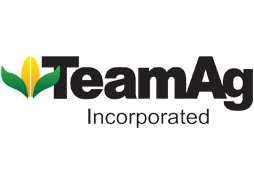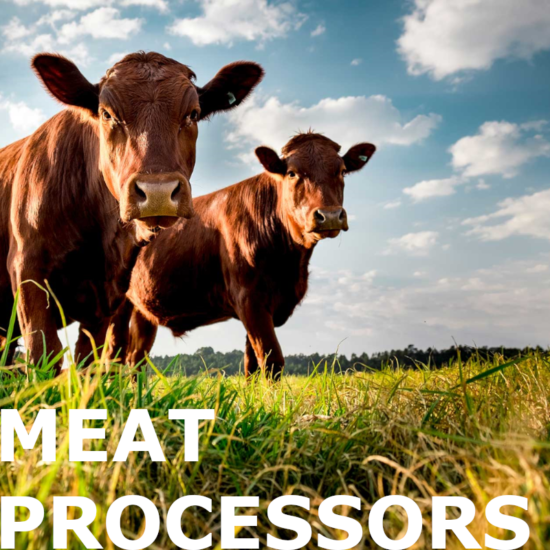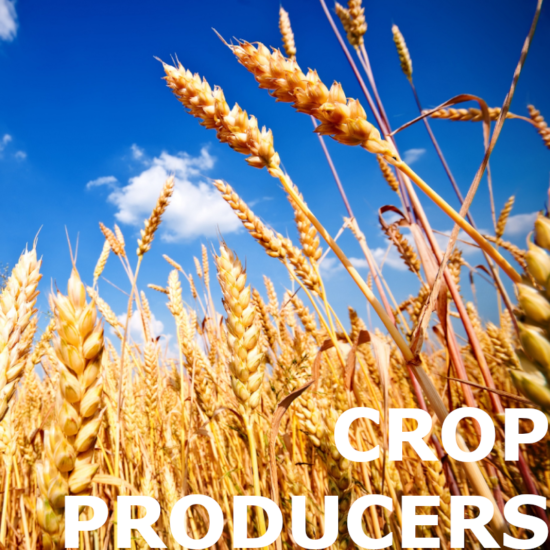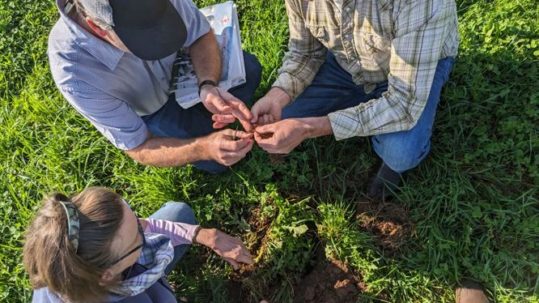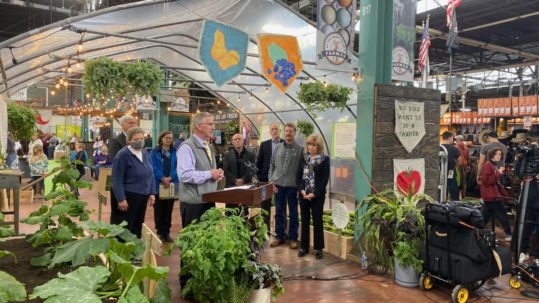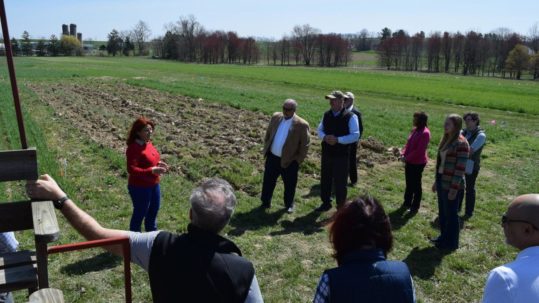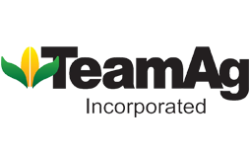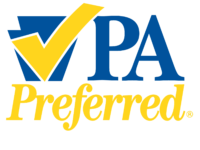The United States Department of Agriculture requires anyone who produces, processes or handles organic agricultural products must be certified by a USDA-accredited certifier in order to sell, label or represent their products as “organic: and use the USDA organic seal.” To become certified, an organic producer, processor or handler must develop, implement, and maintain an organic system plan.
Once an organic system plan is approved, a qualified organic inspector will perform an on-site evaluation of the organic operation. Then, based on review of the organic system plan, inspection report and related documents, your certifying organization will determine whether the operation meets the requirements of organic certification. A certified operation must update its organic system plan, pay fees and be inspected annually.
Organic certification is not a guarantee of quality or purity of the product. Rather, it is evidence of the operation’s adherence to a prescribed system of agriculture and food production that involves the building and enhancing of the soil naturally, protection of the environment, and avoidance of toxic synthetic substances.

